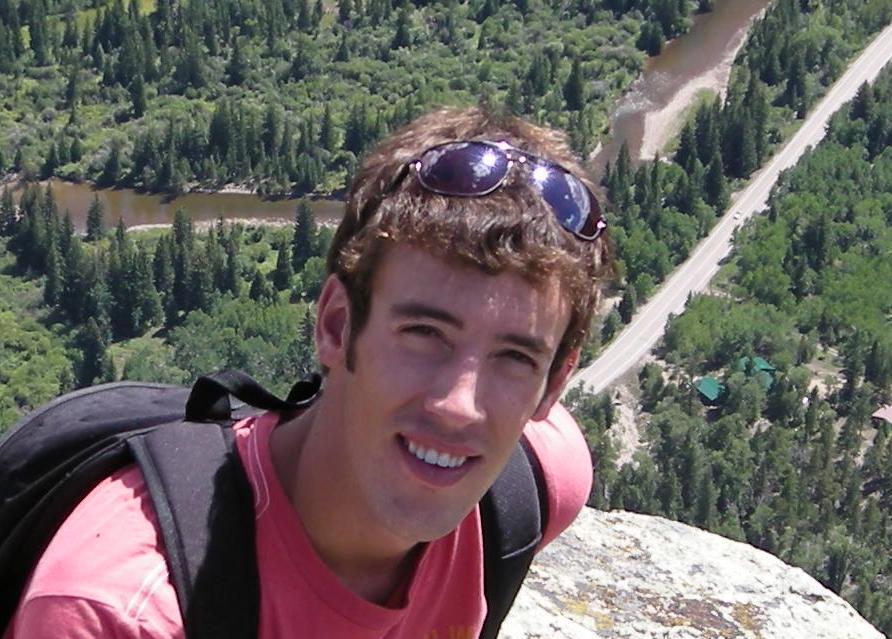Montreal-native William Shatner – Captain Kirk, Boston Legal dude, Priceline negotiator and spoken-word enthusiast — has written Canadian Prime Minister Stephen Harper asking that salmon farms be removed from wild-salmon migration routes in the Broughton and Discovery islands area of British Columbia.
Shatner, who filmed an episode of the Boston Legal series in the Broughton Archipelago off northern Vancouver Island, says in his letter that salmon farms are having a disastrous impact on "one of Earth’s most precious assets, the wild salmon and steelhead of B.C."
 Mary Ellen Walling, executive director, B.C. Salmon Farmers Association, responded that while Shatner’s acting credentials are solid (really?) — his understanding of fisheries research is less stellar.
Mary Ellen Walling, executive director, B.C. Salmon Farmers Association, responded that while Shatner’s acting credentials are solid (really?) — his understanding of fisheries research is less stellar.
Activist groups should, at least, be able to meet the same standards of scrutiny applied to industry. And for journalists who often see themselves as the guardians of the public interest, it seems prudent to be wary of being manipulated, even by those who appear to walk on the side of the public good rather than the side of corporate self-interest. Beam me up, Scotty.
That didn’t go over too well with the locals. Several letter writers pointed out that T.J. Hooker was entitled to his views, didn’t represent industry, and there were lots of ways to do research. Aquaculture folks – facts are important, but are never enough.

 My name is Chris Babcock, and I am a fifth-year financial services major at Kansas State University. I was told this joke while working in the produce section in a grocery store during high school. The moral that I extracted from the joke is that it’s important to have reliable information at the right time. Since the television is such a limited source of relevant information, I decided last year to stop wasting my time watching it, and cancelled my services. I realize now how much time I save reading news from the Internet.
My name is Chris Babcock, and I am a fifth-year financial services major at Kansas State University. I was told this joke while working in the produce section in a grocery store during high school. The moral that I extracted from the joke is that it’s important to have reliable information at the right time. Since the television is such a limited source of relevant information, I decided last year to stop wasting my time watching it, and cancelled my services. I realize now how much time I save reading news from the Internet.